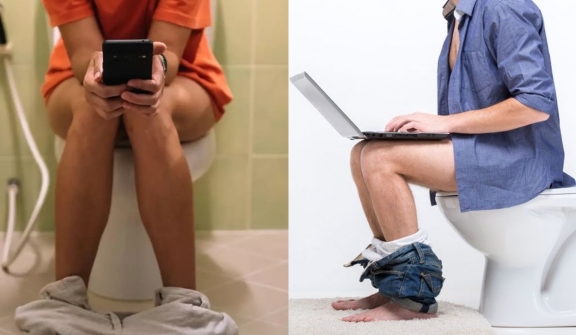
People have been left surprised and intrigued after discovering the recommended frequency of bowel movements in a day, as shared by a doctor.
This advice goes against some false beliefs and highlights the importance of trustworthy medical information instead of random internet claims.
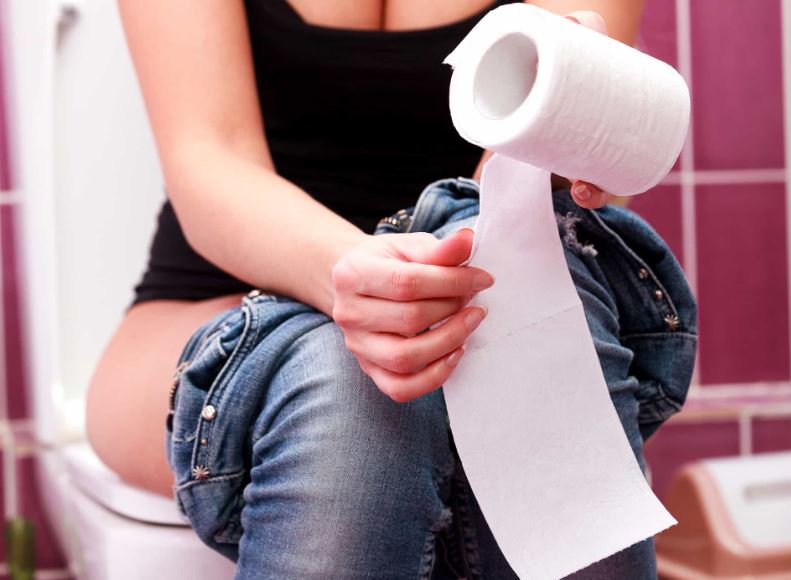
Dr. Idrees Mughal addressed a video that claimed individuals should have a bowel movement after each main meal of the day.
However, the doctor dismissed this information as oversimplified and lacking nuance.
In reality, the normal transit time and digestion process of food can vary from 10 to 73 hours.
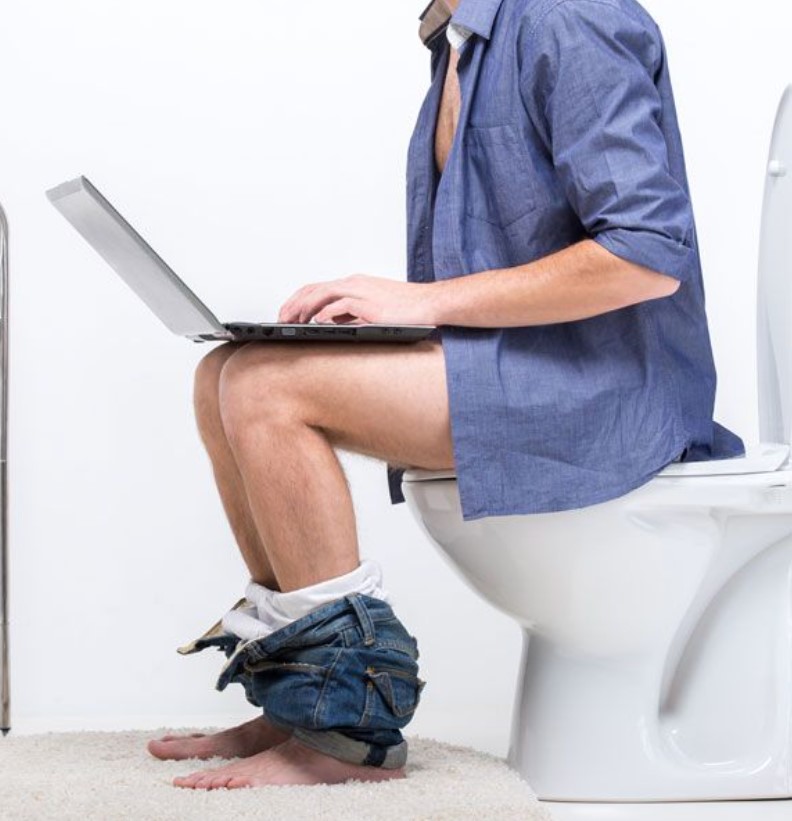
Therefore, it is completely normal for individuals to have bowel movements anywhere from three times a day to three times a week.
Interestingly, the doctor emphasized that the color and consistency of one's stool can be more indicative of bowel function and overall health than the frequency alone.
Gastroenterologist Rudolph Bedford also supported this notion, stating that it is not solely the frequency but the characteristics of the stool that hold vital clues about potential health issues.
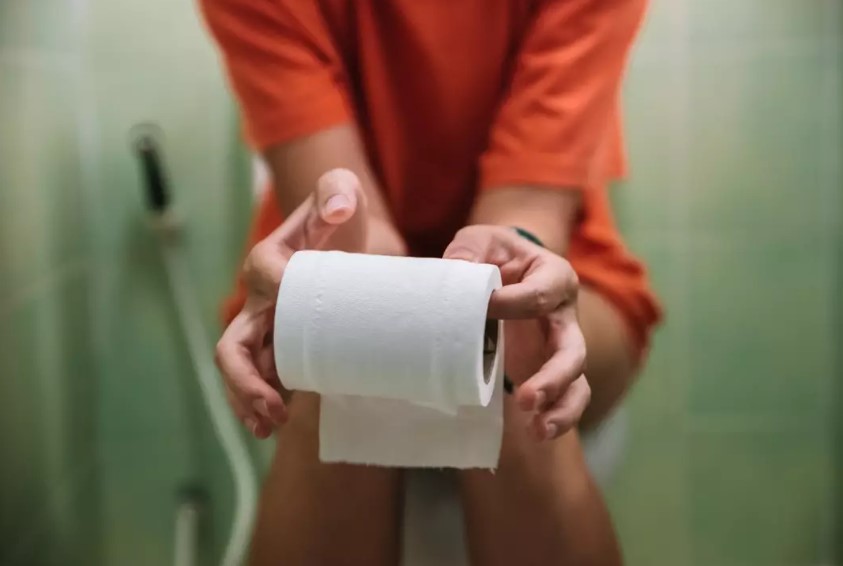
While it may sound unusual to discuss the topic in such detail, experts stress the importance of paying attention to the messages our bowel movements convey.
For instance, black stool with a tar-like odor could indicate the presence of blood and may require immediate medical attention.
However, Bowel movement patterns can be influenced by factors such as diet, hydration, and overall health.
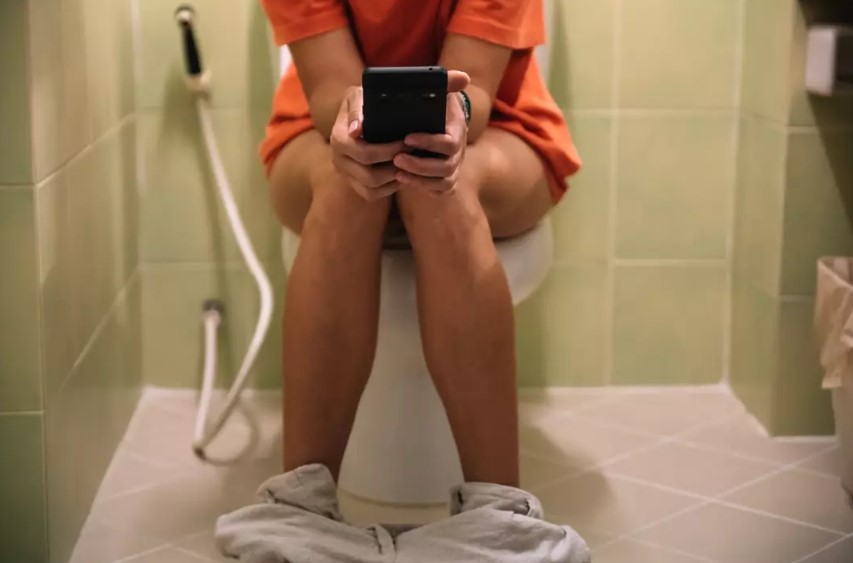
Experts have found that not wiping correctly after using the toilet can cause discomfort and infections.
To reduce these risks, they recommend using water instead of toilet paper as an alternative method.
According to Japanese scientists mentioned in a study published in the Journal of Water & Health, bidet users were found to have significantly fewer harmful bacteria on their hands compared to those who relied solely on toilet paper.
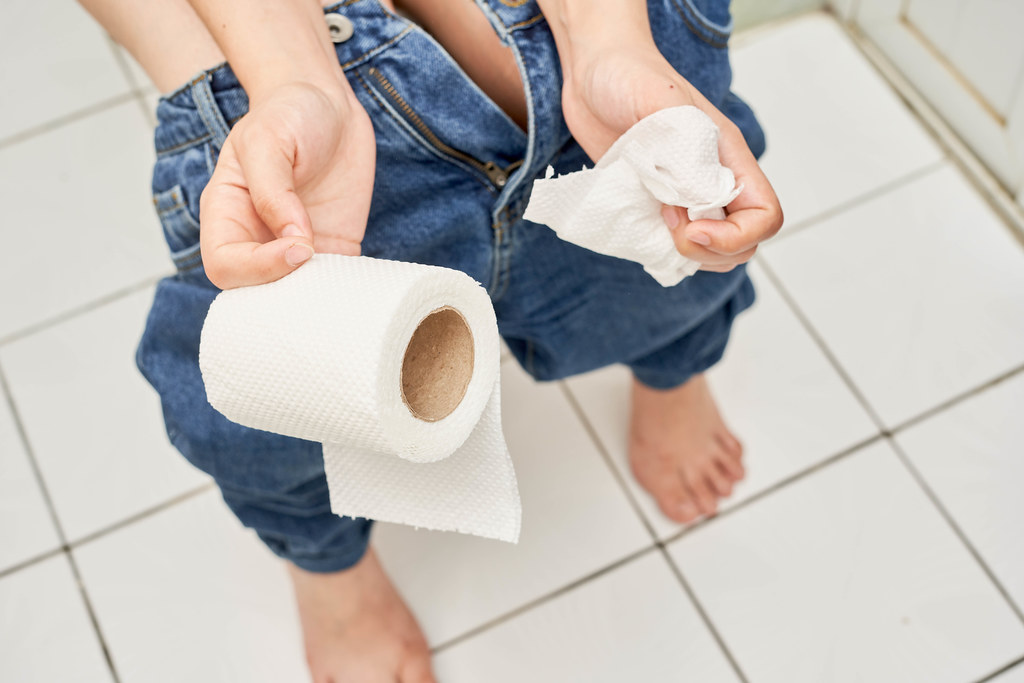
Dr. Evan Goldstein, a rectal surgeon in New York City, supports using bidets as a better way to prevent infections compared to traditional toilet paper.
He questions the belief that popular toilet paper brands are automatically hygienic.
Using incorrect wiping techniques and unsuitable toilet paper can result in irritation, hemorrhoids, and potentially serious infections.
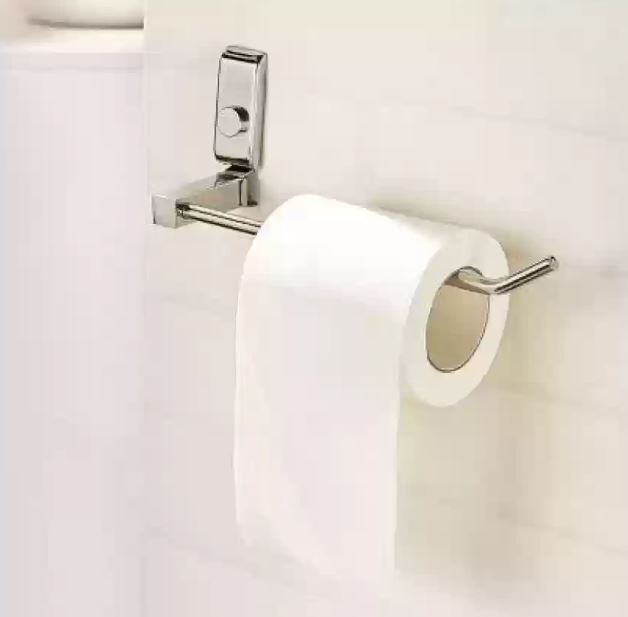
For instance, using one-ply toilet paper, which is coarser than other options, can cause irritation and result in open wounds, increasing the risk of infection.
Gastroenterologist Dr. Trisha Pasricha points out that the thinness of one-ply paper often leads to using more, causing uncomfortable itching known as pruritus ani.
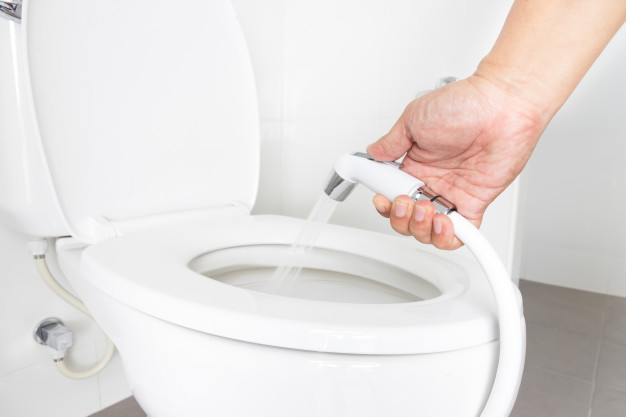
Additionally, bleached toilet paper can also cause discomfort, prompting experts to recommend the use of strong, absorbent, and soft toilet tissue.
Harvard Medical School physicians advise a gentle approach to cleaning the anal area after each bowel movement, as aggressive rubbing and scrubbing can irritate the skin and trigger anal itch.




